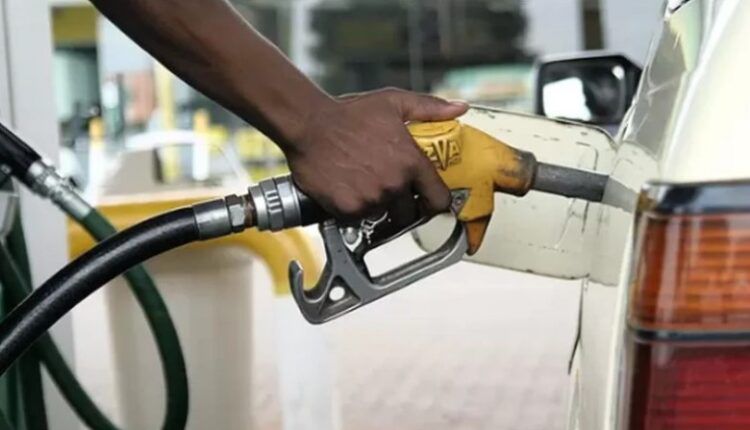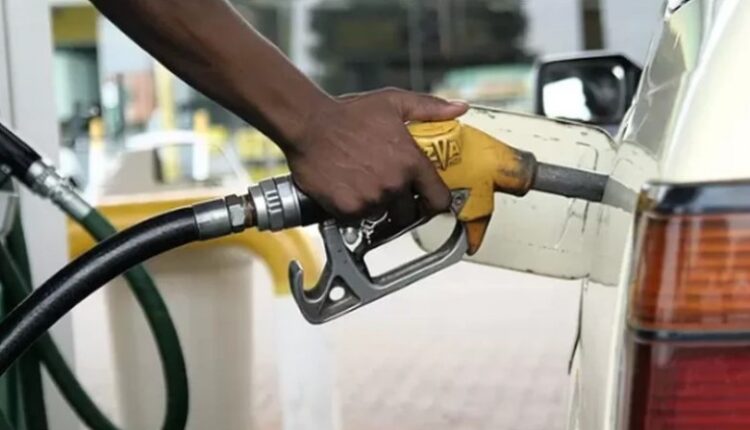
Contrary to projections by The Chamber of Petroleum Consumers (COPEC) that fuel prices would decrease slightly beginning the second pricing window in January, some Oil Marketing Companies (OMCs) have begun marginally increasing fuel prices.
COPEC had anticipated a 1-3% decline in petrol prices and a 1% decrease in diesel prices.
“Indications are that prices of petroleum products could go down between 1% and 3% for petrol and diesel.
LPG could go up some 3%. However this will be subject to availability of the product and then again the cedi’s performance over the period.
Some markets are quoting an upward inclination for the cedi while for others, there is still a depreciation and so the cedi will play a role.
But the international market benchmarks are pointing to a reduction ,” the chamber had stated.
However, leading players, including state-owned GOIL and Shell, have already adjusted their prices for both petrol and diesel upwards.
At GOIL, petrol has increased from GH₵14.99 per litre to GH₵15.74, while diesel has risen from GH₵15.60 per litre to GH₵15.77.
Shell has similarly raised the prices of its petroleum products, with petrol now priced at GH₵15.59 (previously GH₵15.30) and diesel at GH₵15.79 (previously GH₵15.66).
The hike is being attributed to rising crude oil prices on the international market and the depreciation of the cedi.
This unexpected increase in fuel prices will likely have a ripple effect on transportation costs, impacting the prices of goods and services across the country.






